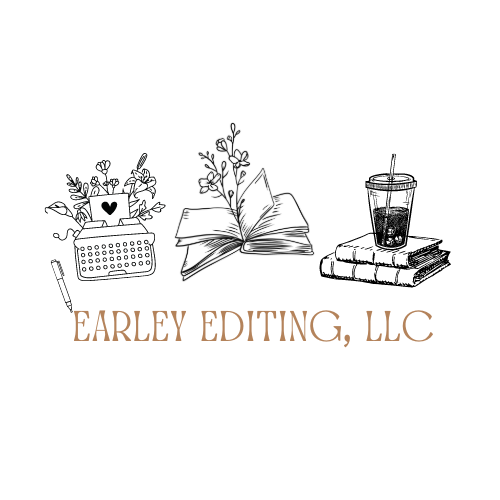Book Editor Red Flags
There are quite a few scammy book editors out there. How can you avoid them? How can you tell a reputable editor from a scam editor? What should you be watching for? What kind of questions should you ask an editor before signing on with them? First, avoiding these scammy editors requires caution and research from the author. Comb through an editor’s website, scroll through their social media platforms, search the company/owner name to see what comes up, checking over reviews, etc. can all help you in your search of a professional. Here are 15 red flags to watch for when looking to hire an editor:
The editor doesn’t take the author’s writing style and voice into account.
The editor doesn’t have a contract.
The editor’s contract protects them, but not the writer/client or the work. An editing contract should protect the author, the written work, and hold the editor accountable.
The editor pressures the author to sign a contract or pay an invoice ASAP.
The editor doesn’t offer sample edits of any kind (paid or free). When looking for an editor, keep in mind that the industry standard for sample edits can be anywhere from 500-1,500 words.
The editor claims to have been in the industry for a while, but they don’t have client testimonials, or they refuse to share testimonials with potential client. Newbie editors trying to establish themselves in the industry are an exception to this rule, as they might not have had enough clients to receive testimonials.
They are a newbie editor, but they don’t offer some kind of discount to the author for being a newbie editor. If you (the author) are one of their first clients, you should be encouraged to sign on with them via a discount or some other incentive.
The editor rewrites the author’s entire book. This is different from line editing, which examines and rewrites lines for the sake of flow, removing repetition/redundancy, flow, etc. A manuscript can be covered in red track changes during line edits, but the editor has not rewritten the book.
The editor has a published work portfolio from previous clients, but refuses to share it with the author/potential future client.
The editor has a ton of grammar, spelling, punctuation, etc. errors on their website or social media accounts.
The editor doesn’t have a membership with a professional organization (EFA, ACES, CIEP, etc.).
The editor’s full manuscript edit looks NOTHING like the sample edit they did for you.
If the editor love-bombs you in the sample edit or in emails, run. In sample edits, you should be receiving constructive criticism, feedback, and corrections on your manuscript. A nice comment here and there is fine, but love-bombing is what you want to watch for.
The editor doesn’t have any experience in a certain genre, but claims they can still help you edit your book. For example, if an editor specializes in fiction but claims they can edit non-fiction and properly cite sources, avoid legal persecution, etc. Always ask for proof of previous experience.
The editor doesn’t have any credentials. For example, a degree in something in the industry, a certification, follow a style guide such as Chicago Manual of Style, etc.
